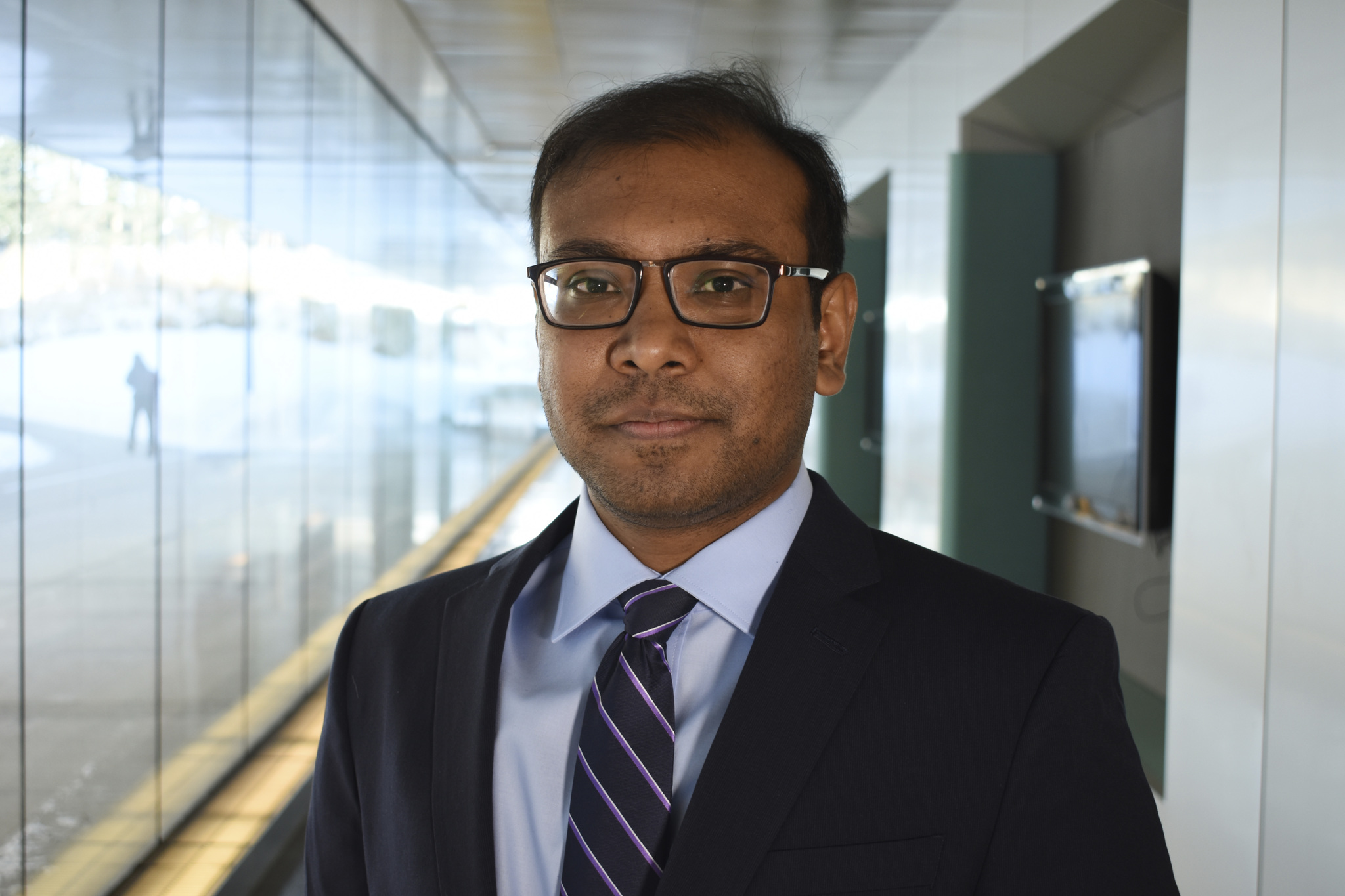
Dissertation Defense
Distributed Energy Resources: Modeling, Control and Analysis Techniques
This event is free and open to the publicAdd to Google Calendar

Abstract:
Coordinated control of distributed energy resources (DERs), such as flexible loads, storage devices and solar photovoltaic inverters, can provide valuable services to the electricity grid by reducing peak demand and balancing renewables. To accommodate significant DERs in power systems, this work primarily focuses on modeling and analysis techniques for thermostatically controlled loads (TCLs), such as air-conditioners, and refrigerators; and secondly on how to efficiently aggregate DER-based flexibility.
TCL ensembles can be controlled using strategies ranging from sending probabilistic switching signals, varying TCL temperature set-points to sending price-based signals. However, synchronization in TCL temperatures, oscillations in aggregate demand and bifurcations have often been observed, which can then lead to detrimental power and voltage-related issues in the grid. To address these, a Markov-chain-based model of TCLs has been developed and incorporated in a model predictive control framework. To further investigate the causes of synchronization and oscillations, we present a generalized hybrid dynamical system framework. Using modal decomposition and eigenmode analysis, we show how the synchronizing behavior in TCL ensembles can be predicted and avoided.
Finally, to compute the aggregate flexibility available from spatially distributed resources, special convex sets, such as homothets and zonotopes, are employed. The developed model lends itself useful to several applications, such as optimal power flow in distribution networks and efficient coordination among transmission and distribution systems.
Chair: Professor Ian Hiskens
 MENU
MENU 
